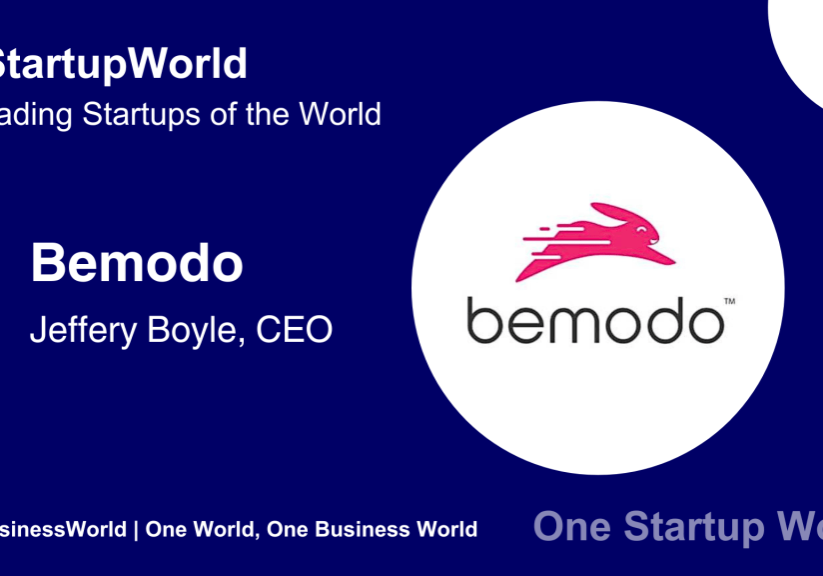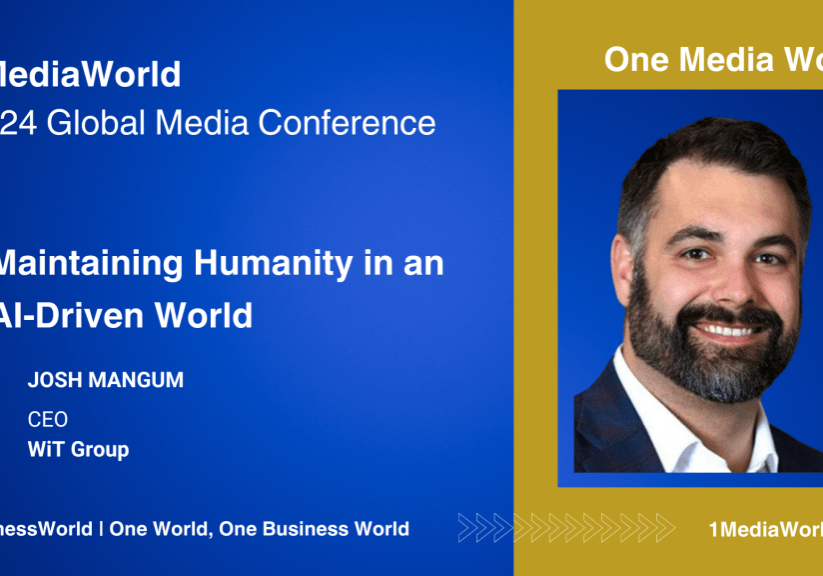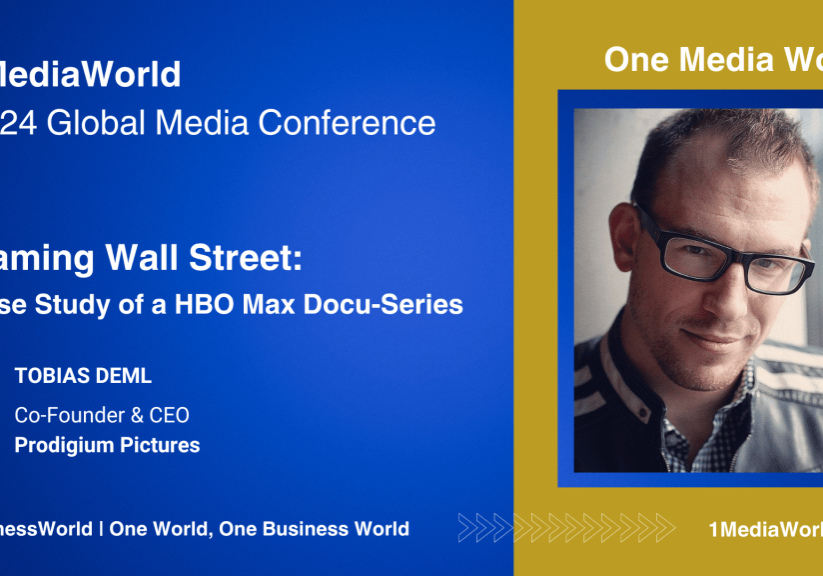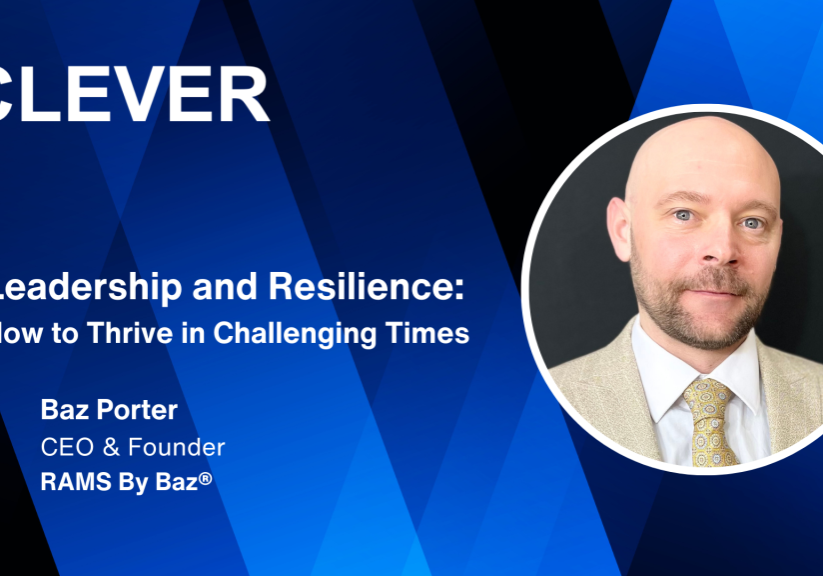
Pride Month merchandise is displayed at a Target store on May 31, 2023 in San Francisco, California. Justin Sullivan | Getty ImagesEven before Pride month was underway, it seems as if it was open season on companies celebrating the LGBTQ community.One by one, companies have come under an expanding attack. Anheuser-Busch, Target, Kohl’s and VF Corp.’s North Face brand have all felt the vitriol of this latest push from the right. And the list keeps growing. These companies have been branded as “woke capitalists” — and worse — as critics urged boycotts of these companies’ products. Bud Light came into the crosshairs after it struck a partnership with trans influencer Dylan Mulvaney, while North Face received backlash for an ad featuring drag queen Pattie Gonia. Target and Kohl’s have been criticized for Pride-themed clothing.related investing news 18 hours agoWhile it’s too early to say how successful these efforts will be in lowering sales at the companies recently drawn into this attack, damage has been done to the stocks already. And some on Wall Street expect that to continue with analysts recently downgrading Target’s and Anheuser-Bush’s ratings, citing in part the ongoing controversy.”The main reason boycotts generally are effective is because they threaten the reputation of the company by putting the company in a negative media spotlight, and companies don’t want to have negative attention of any kind drawn to them,” said Brayden King, a professor of management and organizations, who has studied how boycotts impact company stock prices, in an interview.King’s research focused on 133 separate boycotts launched between 1990 and 2005, in a study that was published in 2011. About a quarter of the 177 companies targeted by these actions offered a concession to protestors.”They often concede to boycotter’s demands, not because they feel that there’s sales pressure on them, but rather because they don’t want to continue to be a target of negative media attention,” he said.King’s research found that the stock of a company will fall about 1% each day of national print media coverage. But once the issue falls out of the daily news cycle, the stock generally recovers.Why Bud Light is an outlierKing sees Anheuser-Busch’s situation as an outlier because the controversy has harmed its sales. The company has been under fire for more than two months. Over that time, its stock is down more than 18%.Stock Chart IconStock chart icon Anheuser-Busch InBev shares hit a 52-week high of $67.09 on March 31.”With 7 weeks of data, the consumer backlash at Bud Light seems …












